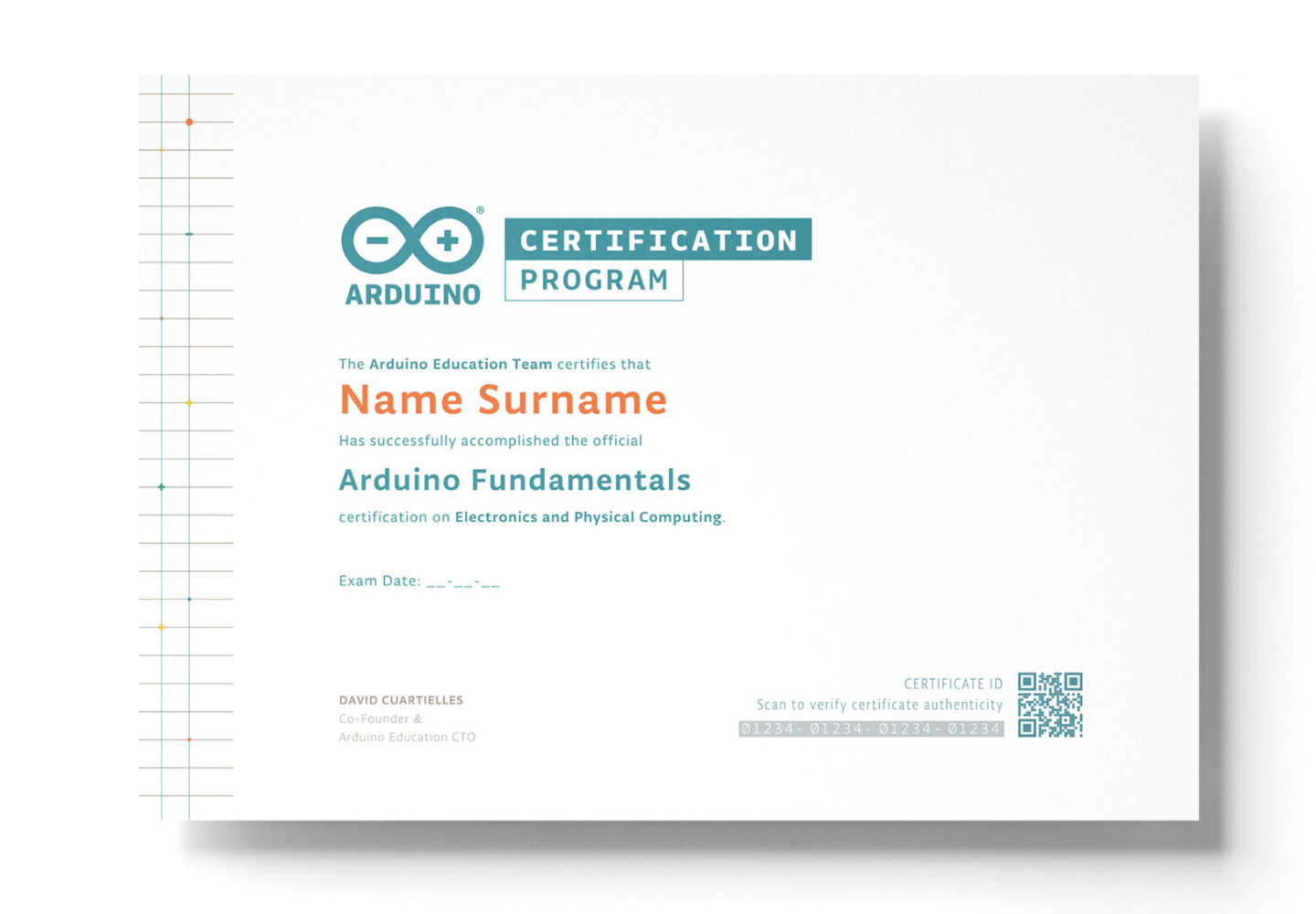- Electricity Concepts - such as resistance, voltage, power and capacitance, and able to measure and calculate them.
- Programming syntax -Understanding the building blocks of the Arduino programming language such as functions, arguments, variables and loops.
- Electronic components- Understanding how electronic components such as LEDs, sensors, buttons and motors work, and how to use them in a circuit.
- Arduino IDE- Functionality of the Arduino development environment, serial communication, libraries and errors.
- Frequency and Duty cycle -Understanding the concepts of Pulse Width Modulation (PWM) and frequency, and being able to calculate duty cycle.
- Circuits and schematics-Understanding how electronics are represented visually, and the ability to read and analyze electronic circuits.
- Programming logic -Ability to program various electronic components, read, analyze and troubleshoot Arduino code.
- Arduino boards -Understanding the constitution and capabilities of an Arduino board, and the functions of its different parts.
The exam is based on the concepts introduced in the Arduino Starter Kit, as it offers everything you need (components, project book and support) to get started with Arduino, coding and electronics in a hands-on way.
If you don't have an Arduino Starter Kit yet, you can buy it in combination with the Arduino Fundamentals exam.





